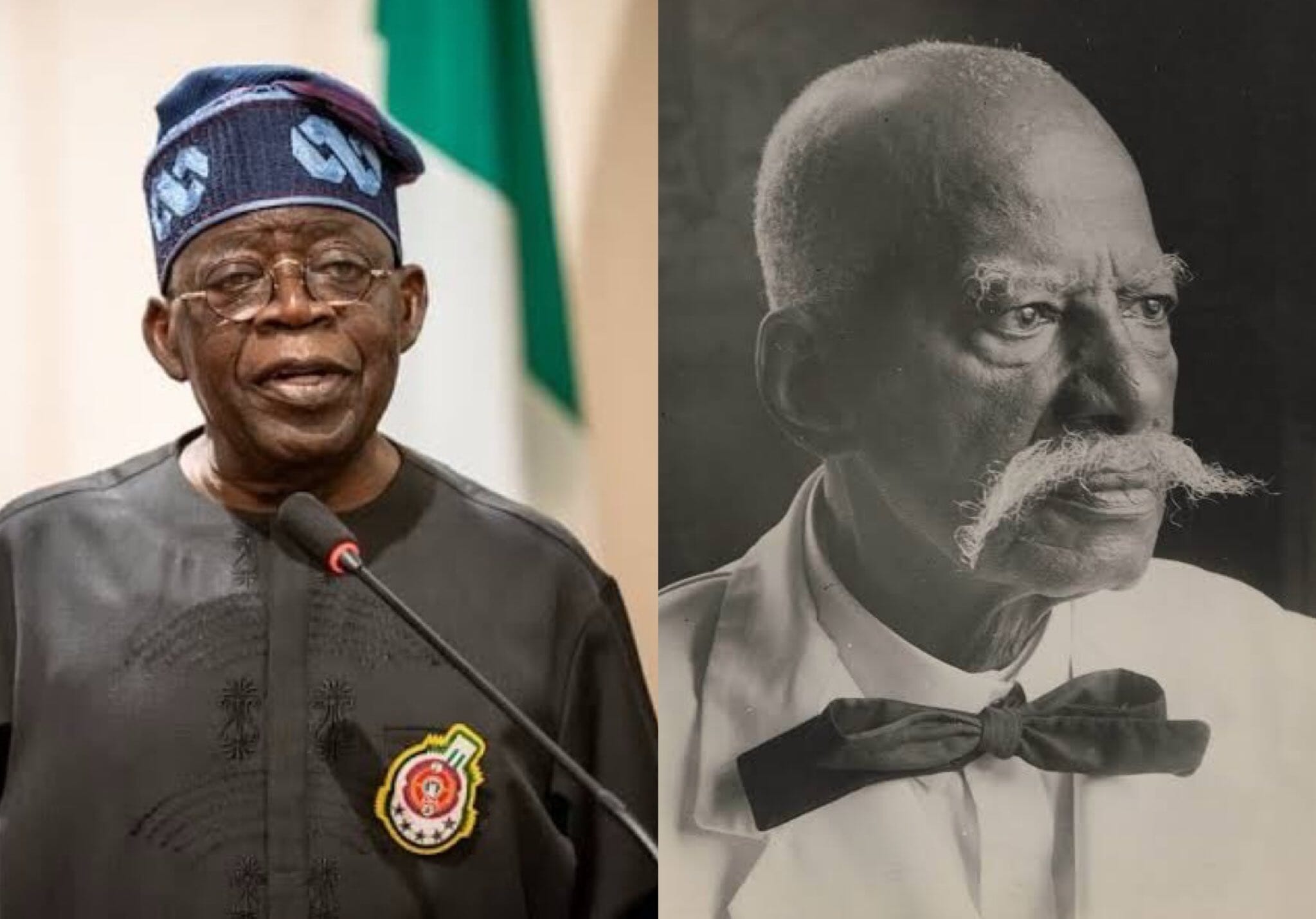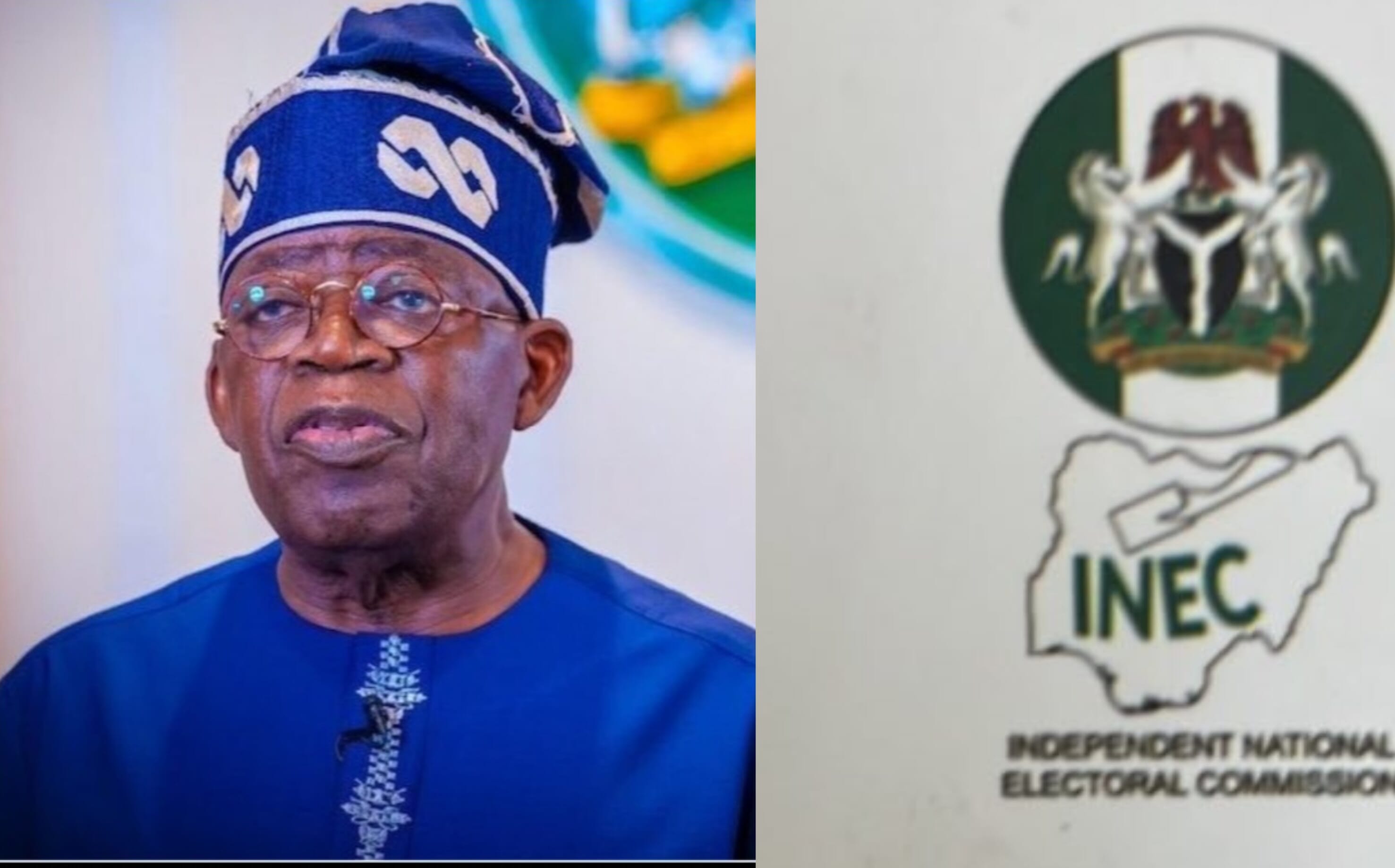President Bola Tinubu announced a presidential pardon for Herbert Macaulay, along with 174 others. This decision, revealed on October 9, 2025, includes posthumous pardons for historical figures and clemency for current inmates. But why focus on Macaulay, a man who died in 1946? This post dives deep into the backstory, the motivations, and the broader implications, shedding light on a pivotal moment in Nigerian history.
Herbert Macaulay Biography and Role in Nigerian Nationalism
Herbert Macaulay stands as a towering figure in Nigeria's fight for independence. Born in 1864 in Lagos to Sierra Leonean parents, he was the grandson of Samuel Ajayi Crowther, the first African Anglican bishop. Macaulay trained as a civil engineer and surveyor in England before returning to Nigeria in 1893. He quickly became involved in public affairs, using his skills to challenge colonial injustices.
Macaulay's activism began with land rights issues. He opposed the British colonial government's attempts to seize Nigerian lands without fair compensation. In 1923, he founded the Nigerian National Democratic Party (NNDP), the first political party in Nigeria. The NNDP dominated Lagos politics for over a decade, advocating for greater African representation in government. Macaulay collaborated with Nnamdi Azikiwe to establish the National Council of Nigeria and the Cameroons (NCNC) in 1944, which played a crucial role in the push toward independence.
His journalism was equally influential. Through newspapers like the Lagos Daily News, Macaulay criticized colonial policies, exposing corruption and rallying public opinion. His efforts earned him the title "father of Nigerian nationalism." Yet, this boldness came at a cost, leading to multiple confrontations with authorities.
Historical Convictions of Herbert Macaulay Under Colonial Rule
Herbert Macaulay's path was marked by legal battles with the British colonial regime. In 1913, he faced his first major conviction. Accused of misappropriating funds as the executor of a will, Macaulay was sentenced to two years in prison. Many historians argue this charge was politically motivated, aimed at silencing his growing influence in Lagos society. The case stemmed from his role in managing estates, but critics saw it as a tool to discredit him.
The second conviction came in 1928, during the height of the Eleko agitation. Oba Esugbayi Eleko, the traditional ruler of Lagos, had been deposed by the colonial government. Macaulay's Lagos Daily News published articles alleging corruption among officials, leading to sedition charges. He was convicted and imprisoned for six months. This trial highlighted the tensions between colonial authority and emerging Nigerian leaders. Macaulay's writings were seen as incendiary, fueling protests and demands for the Oba's reinstatement.
These convictions left a stain on Macaulay's record, despite his contributions to Nigeria's freedom struggle. They were products of a colonial justice system designed to suppress dissent. For decades, these blots remained, even as Macaulay's legacy grew in postcolonial Nigeria.
President Tinubu Pardon Announcement Details
On October 9, 2025, President Bola Tinubu exercised his constitutional powers under Section 175 of the 1999 Constitution to grant pardons. The list included Herbert Macaulay, military poet Mamman Vatsa (executed in 1986 for an alleged coup), former lawmaker Farouk Lawan (convicted of bribery), and members of the Ogoni Nine (executed in 1995). Additionally, 82 prison inmates received clemency after showing remorse and readiness for reintegration.
The announcement came during a meeting of the Advisory Council on the Prerogative of Mercy. Tinubu's administration emphasized justice, reconciliation, and historical rectification. For Macaulay, the pardon was posthumous, acknowledging his wrongful persecution under colonial rule. This move aligns with similar actions globally, where governments correct past injustices against freedom fighters.
Reasons Why President Tinubu Pardoned Herbert Macaulay
Why pardon a man who has been dead for nearly 80 years? The reasons are multifaceted, blending historical justice with contemporary politics. First, it's about rectifying colonial-era wrongs. Macaulay's convictions were under a system that prioritized British interests over Nigerian rights. By pardoning him, Tinubu symbolically erases these stains, affirming Macaulay's status as a national hero.
Second, the pardon promotes national unity. Nigeria's history is fraught with divisions, from colonial exploitation to postcolonial conflicts. Honoring Macaulay, a Yoruba leader who bridged ethnic lines through the NCNC, sends a message of inclusivity. It resonates in Lagos, Macaulay's base, where Tinubu has strong roots as a former governor.
Third, there's a strategic element. Tinubu's administration faces criticism over economic policies and security issues. This pardon diverts attention to positive, unifying actions. It also aligns with Africa's broader decolonization efforts, where countries revisit colonial legacies. For instance, similar pardons have occurred in Kenya for Mau Mau fighters and in South Africa for anti-apartheid activists.
Experts suggest the timing ties to Nigeria's 65th independence anniversary celebrations. By highlighting Macaulay, Tinubu reinforces the narrative of Nigeria's resilient spirit. The inclusion of other figures like Vatsa and the Ogoni Nine addresses military-era injustices, showing a commitment to healing old wounds.
Impact of Tinubu's Pardon on Nigerian History and Legacy
The pardon has profound implications for how Nigerians view their past. It elevates Macaulay's legacy, potentially leading to more educational focus on his contributions. Schools might incorporate his story more prominently, inspiring young leaders. Monuments, like the Herbert Macaulay Library in Lagos, could gain renewed attention.
Politically, it sets a precedent for future pardons. Could this open doors for exonerating other colonial victims or Biafran war figures? It sparks debates on justice and forgiveness in a nation still grappling with its history.
Public reactions have been mixed but largely positive. Social media buzzes with praise for honoring Macaulay, though some question the focus on the dead over living issues like poverty. Historians applaud it as a step toward truthful reconciliation.
On a global scale, this action positions Nigeria as a leader in postcolonial justice. It echoes movements like Black Lives Matter, where historical figures are reevaluated. For the diaspora, it strengthens ties to Nigerian heritage.
Public Reactions to President Tinubu's Pardon of Herbert Macaulay
Nigerians have taken to social platforms to express views on the pardon. Supporters hail it as long overdue, with comments like "Finally, justice for our nationalist hero!" Critics argue resources should address current crises, saying "Pardoning the dead won't feed the living." Influencers and academics weigh in, analyzing its symbolic value.
Media coverage is extensive, with outlets like Punch and Premium Times detailing the announcement. International press notes it as part of Africa's reckoning with colonialism. Overall, the pardon has boosted national pride, reminding citizens of their shared struggle for freedom.
Future Implications of Posthumous Pardons in Nigeria
Looking ahead, this pardon could inspire similar actions. It might encourage reviews of other colonial convictions or military trials. For Tinubu's legacy, it adds a layer of historical stewardship. As Nigeria evolves, such gestures foster unity and progress.
Looking ahead, this pardon could inspire similar actions. It might encourage reviews of other colonial convictions or military trials. For Tinubu's legacy, it adds a layer of historical stewardship. As Nigeria evolves, such gestures foster unity and progress.
Read More
- BREAKING: Federal Court Issues Arrest Warrant for Former INEC Chairman Mahmood Yakubu
- National Assembly Erupts: House of Representatives Clash Over Nnamdi Kanu's Deteriorating Health
- 10 Interesting Facts You Need to Know About May Agbamuche-Mbu, the New Acting INEC Chairman
- I Will Die with the Scars: Jonathan Speaks on 200 Chibok Girls Abduction

